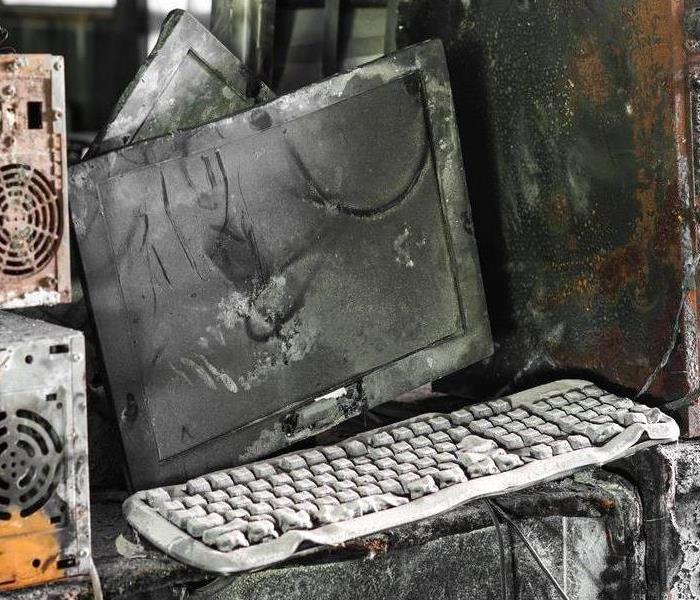Fire aftermath: What items should be thrown away?
4/11/2023 (Permalink)
Experiencing a fire can be a traumatic and overwhelming event for anyone. After the fire has been put out, there are numerous tasks that need to be completed, one of which is determining what items should be thrown away. It's essential to understand which items are safe to keep and which items could pose a danger to your safety.
First and foremost, any food items that have been exposed to smoke or heat should be thrown away. Even if the food doesn't show any signs of damage, such as melting or charring, it could have been contaminated by smoke or toxic gases. This is especially true for canned goods, as the heat from the fire can cause the cans to explode or rupture. It's best to err on the side of caution and dispose of all food items.
Clothing and linens that have been affected by smoke or water damage should also be thrown away. Smoke can leave a residue on fabrics that is difficult to remove. In addition, water damage can cause mold and mildew to grow, which can lead to secondary damages.
Furniture that has been burned or heavily damaged should also be disposed of. Not only is it unsightly, but it can also be a hazard. The structural integrity of the furniture may have been compromised, and it could collapse or break if someone tries to sit on it or use it.
Electronics that have been exposed to heat or water damage should be thrown away. Even if the electronics appear to be working correctly, they could be dangerous to use. Electrical components can be damaged by heat, and water can cause short circuits, which could lead to electrical shocks or fires.
Any cleaning products or chemicals that were exposed to heat or fire should be thrown away. Heat can cause these products to react in unexpected ways, which could be hazardous. In addition, smoke and toxic gases can penetrate the packaging of these products, making them dangerous to use.
It's essential to remember that even items that appear to be undamaged could pose a danger to your health or safety. Smoke and toxic gases can permeate materials, and heat can compromise the integrity of structures and components. If you're unsure whether an item should be thrown away, it's best to err on the side of caution and dispose of it.
In conclusion, after a fire, it's crucial to be vigilant about what items should be thrown away. Any food items, clothing, linens, furniture, electronics, mattresses, pillows, and cleaning products that have been exposed to smoke, heat, or water damage should be disposed of. It's important to remember that even items that appear to be undamaged could pose danger to your safety, and it's best to err on the side of caution when deciding what to keep and what to throw away.

 24/7 Emergency Service
24/7 Emergency Service
